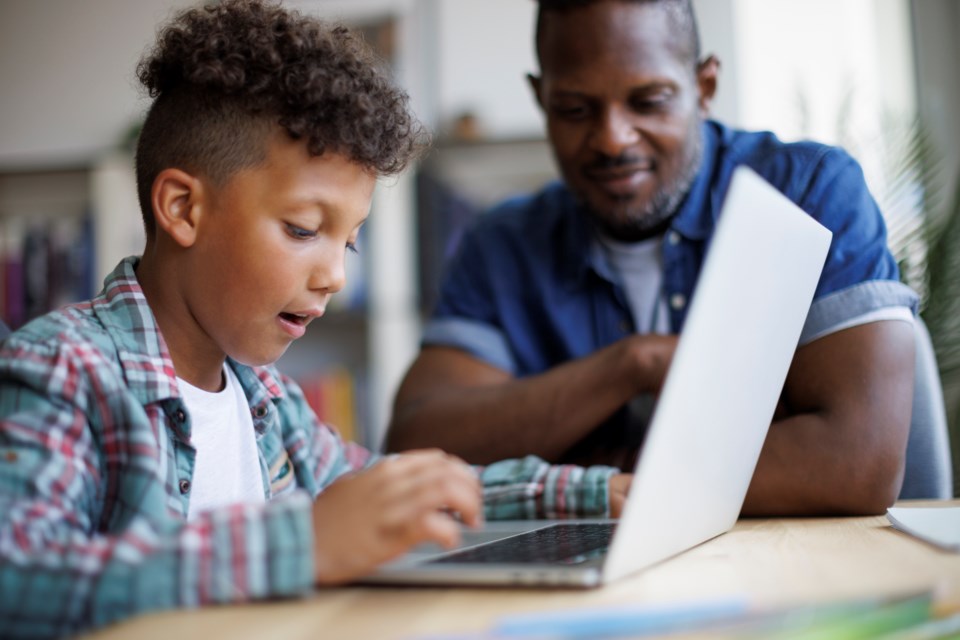It is something most modern parents worry over—how to keep kids safe when they are online.
Today, Feb. 6, is Safer Internet Day, and for the occasion the Canadian Centre for Child Protection (C3P) launched new Zoe & Molly safety resources for online games.
Safer Internet Day, which began as an initiative of the EU SafeBorders project in 2004, is now marked in about 180 countries.
"Zoe & Molly materials help teachers and parents have relevant, important conversations about staying safe online with their children," reads the news release about the Canadian resources available.
The material, which is free for a limited time, is geared for children in grades 3 and 4 and includes comics, interactive games and a quiz.
The resources are also available in French and aim to teach kids skills such as distinguishing safe and unsafe online boundaries and telling an adult about anything inappropriate they encounter online.
“The internet is an unregulated space that is constantly changing. It’s critical that we make resources available to parents and educators to help kids build skills to increase their safety,” said Noni Classen, C3P director of education, in the release.
“The Zoe & Molly comics have been updated to address the new risks and offender tactics we’re seeing through Cybertip.ca reports.”
Visit ZoeAndMolly.ca for more information.
Other ways to keep kids safe
The RCMP also released a set of tips to help parents and guardians keep children and youth safer online.
- Know all passwords
- Monitor online activity by using an app
- Sign a family contract to establish ground rules for the privilege of using a device
- No devices in the bedroom or bathroom
- Teach the difference between real life friends and online "friends"
- Talk openly about the expectations and risks of engaging with others online
- Think before you click/post
- Charge devices in common areas
- If games don't have parental controls, kids can't play
- Do a weekly device check
Find more advice from police on the RCMP website.




